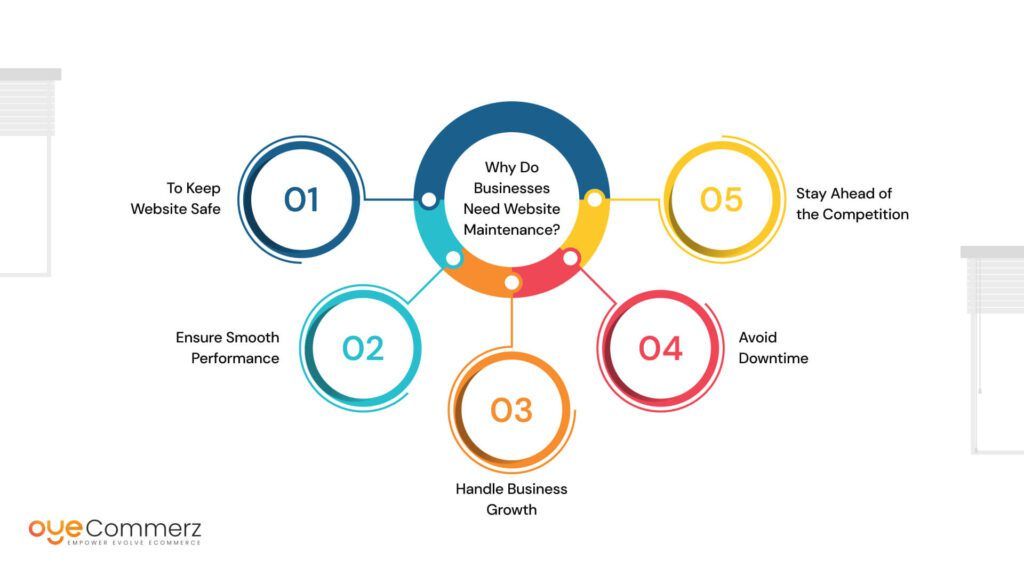In the ever-evolving world of eCommerce, picking the right system is essential for your company’s growth. If you’re at the moment using WordPress and thinking about a migration to Shopify, you’re not by yourself. Countless businesses are shifting to utilize Shopify’s robust capabilities, simplicity, and growth potential. This guide will walk you through the process of migrating from WordPress to Shopify smoothly, making sure that you realize your eCommerce potential.
Why Migrate from WordPress to Shopify?
Prior to starting the migration procedure, it’s important to know why this transition can be helpful for your digital storefront:
Accessible Tools: Shopify provides an user-friendly dashboard that simplifies store handling, enabling for non-technical users.
Growth Potential: As your company grows, Shopify can accommodate increased traffic and transactions without sacrificing efficiency.
All-in-One Solutions: Shopify comes with pre-installed resources for SEO, analytics, payment handling, and additional functionalities, minimizing the requirement for multiple plugins.
Enhanced Security: With Shopify, you benefit from advanced security protocols that safeguard confidential customer details.
Steps for a Seamless Migration
Migrating your eCommerce site from WP to Shopify involves multiple steps.
Here’s steps to achieve a hassle-free transition:
Prepare Your Migration Strategy
Begin by outlining your migration blueprint. Pinpoint which components of your existing site you want to migrate, such as:
Product data
User details
Order history
Posts
Choose the Appropriate Migration Solution
Considering your needs, choose a migration plan that aligns with your eCommerce goals. Professional services offers multiple options:
Basic Migration Package: Suitable for boutique stores with fewer products.
Regular Option: Appropriate for growing businesses with more complex demands.
Comprehensive Solution: Best for high-volume stores needing extensive customization.
Secure Your Content
Prior to beginning the migration, make sure that you have Shopify enhanced storefront a comprehensive backup of your WordPress site. This task is crucial in the event anything goes off track during the move.
Extract Your Information from WordPress
Use plugins or manual methods to export key content from your WP site:
Items
Customers
Sales records
Content pieces
Upload Data into Shopify
When you have your data extracted, employ Shopify’s import tools or specialized apps to upload your data into your new store. Verify that all information is correctly organized and arranged.
Customize Your Shopify Platform
After uploading data, adjust your Shopify platform’s layout to reflect with your business goals. Look into hiring a designer if you require detailed customization.
Establish Checkout Systems and Shipping Options
Configure billing solutions and delivery choices in Shopify to create a seamless checkout benefits of Shopify over WordPress experience for customers.
Adopt SEO Standards
To preserve your online visibility during the change:
Use 301 link updates from existing URLs to migrated ones.
Revise metadata.
Adjust media and content for search engines.
Test Your Updated Shop
Prior to going live, thoroughly check your Shopify store. Look out for any errors, checkout failures, or missing data.
Launch Your Site
When everything is in ready, it’s the moment to launch! Announce the change to your users and encourage them to experience the new capabilities of your Shopify store.
Post-Migration Assistance
Even after launching your new store, ongoing assistance is key. Consider partnering with service providers who can assist with:
Site maintenance
Marketing strategies
Improvement strategies
Conclusion
Migrating from WordPress to Shopify can be a transformative move for your eCommerce. By adopting this guide and working with professional services like those offered by dedicated providers, you can achieve a smooth transition that improves your online presence. Embrace the shift and discover the advantages of Shopify today!
